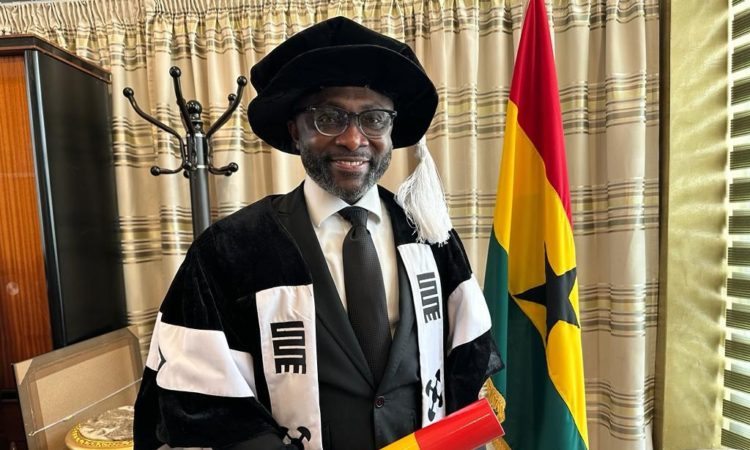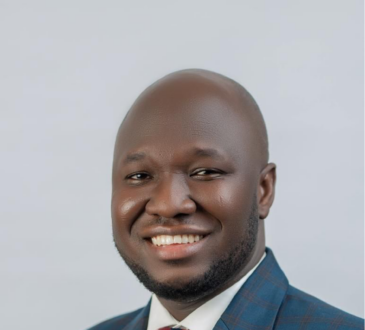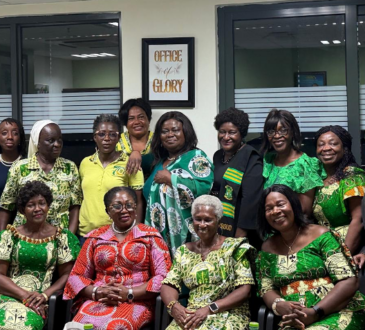
Barima Yaw Kodie Oppong, Manwerehene of Akyem Abuakwa Traditional Area, has been inducted as the new Director of Legal Education and also the Director of the Ghana School of Law.
The induction ceremony is the first since the establishment of the Ghana School of Law in 1958.
The ceremony saw family, well-wishers and Justices of the Supreme Court, as well as students of the GSL in attendance.
Key among them were Justices Jones Victor Mawulorm Dotse, Paul Baffoe-Bonnie, Yonny Kulendi, all Justices of the Supreme Court, and the leadership of the Ghana Bar Association, led by its President, Yaw Acheampong Boafo; the Judicial Secretary, Justice Cynthia Pamela Addo; the Attorney-General and Minister of Justice, Godfred Yeboah Dame, among other dignitaries and legal luminaries.
The Chief Justice led the Director of Legal Education, to take the oath of office and oath of secrecy.
In his address, Barima Oppong said his focus as the new Director of Legal Education is to build a legal educational system that would mould students into lawyers with a sound legal foundation who would contribute positively to national development.
In pursuant of this vision, he said, he had already secured funding to build the capacity of workers and also motivate them.
Again, he said under his leadership, the GSL had reached an agreement with some universities in the United Kingdom (UK) to conduct remote and on-site lectures from UK-based Post Call Law Course students.
The new Director also revealed that he is working to revive a dormant law firm at the GSL to provide pro-bono service for the vulnerable and also offer practical sessions for students.
The law firm, he said, would be headed by a practising lawyer and lecturer of the GSL, supported by two newly trained lawyers and further supplemented by 20 student volunteers.
When properly executed, the Pro Bono Unit of the GSL will gradually but steadily occupy a tiny but significant space in the noble field of free legal representation.
“In the process, the school will achieve two things. First, it will make reliable efforts to help the most underprivileged members of our community who are in dire need of legal representation but cannot afford it.”
“Second, it will create a perfect platform for enabling, supporting and stimulating the development of our students’ legal skills and talents to serve their communities,” he said.







